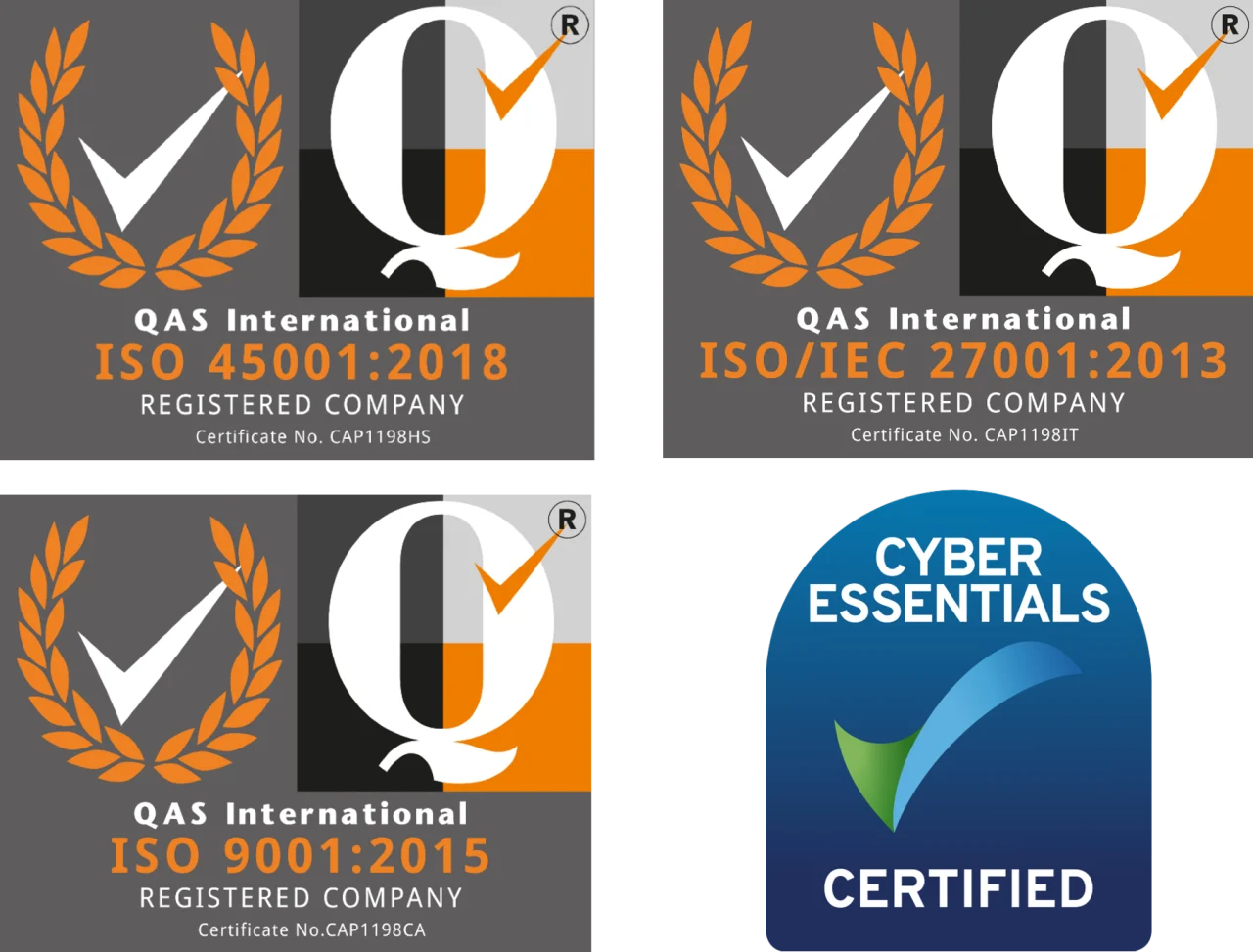Insights from an IT Company….
Working here at ESP Projects as a helpdesk engineer for the past 2 and a half years has led me to realise the causes and frustrations of a slow computer. I aim to point out some of the main causes behind a slow device and to shed some light on why they may deteriorate over time and leave you with a sluggish device. Taking proper care and necessary precautions is vital to prolong the life of a device.
In today’s fast-paced digital world, a slow computer can be a source of frustration and lost productivity for both individuals and businesses alike. When your computer starts to lag, it’s essential to understand the underlying causes to address the issue effectively. From an IT company’s perspective, diagnosing and resolving performance issues require a combination of technical expertise, troubleshooting skills, and an understanding of common culprits. Let’s delve into some of the reasons why a computer may be running slow and how an IT company can help.
Hardware Limitations
One of the primary reasons for a sluggish computer is outdated or insufficient hardware. As technology advances, software becomes more demanding, requiring faster processors, more RAM, and better storage solutions. An IT company can assess your system’s hardware specifications and recommend upgrades if necessary. Whether it’s installing additional RAM, upgrading to a solid-state drive (SSD), or replacing an aging processor. Investing in hardware upgrades can significantly improve overall performance.
Software Bloat
Over time, computers tend to accumulate unnecessary software applications, background processes, and startup items, collectively known as software bloat. These programs consume system resources and can cause your computer to slow down. An IT company can conduct a thorough audit of your software environment, identifying and removing unnecessary programs and processes. Additionally, they can optimise startup settings to ensure that only essential applications launch with the operating system. Therefore minimising resource usage and improving boot times.
Malware and Viruses
Malicious software, such as viruses, spyware, and adware, can wreak havoc on your computer’s performance. Malware infections often result in system slowdowns, crashes, and unexpected behavior. An IT company can deploy antivirus software and conduct comprehensive malware scans to detect and remove any malicious threats. They can implement security best practices, such as regular software updates and user education, to minimise the risk of future infections.
Disk Fragmentation
As files are created, modified, and deleted on your hard drive, they can become fragmented, scattered across different sectors of the disk. Disk fragmentation can degrade performance by increasing the time it takes to access and retrieve data. An IT company can utilise disk defragmentation tools to reorganise and optimise file storage, resulting in faster read and write speeds. They can recommend disk cleanup utilities to remove temporary files, cache data, and other unnecessary clutter that can accumulate over time.
Overheating and Hardware Failure
Excessive heat can cause computer components, such as the CPU and GPU, to throttle performance to prevent damage. Dust accumulation, inadequate ventilation, or malfunctioning cooling systems can lead to overheating issues. An IT company can inspect your computer’s internal components, clean out dust and debris, and ensure proper airflow to prevent overheating. In the event of hardware failure, such as a failing hard drive or a defective cooling fan, they can facilitate repairs or replacements to restore optimal performance.
Summary
In conclusion, a slow computer can be attributed to a variety of factors, including hardware limitations, software bloat, malware infections, disk fragmentation, and hardware failures. An IT company play a crucial role in diagnosing and addressing these issues, leveraging their technical expertise and resources to optimise system performance. By partnering with an IT company, individuals and businesses can ensure that their computers operate smoothly and efficiently. Enabling them to focus on their work without being hindered by performance issues.

